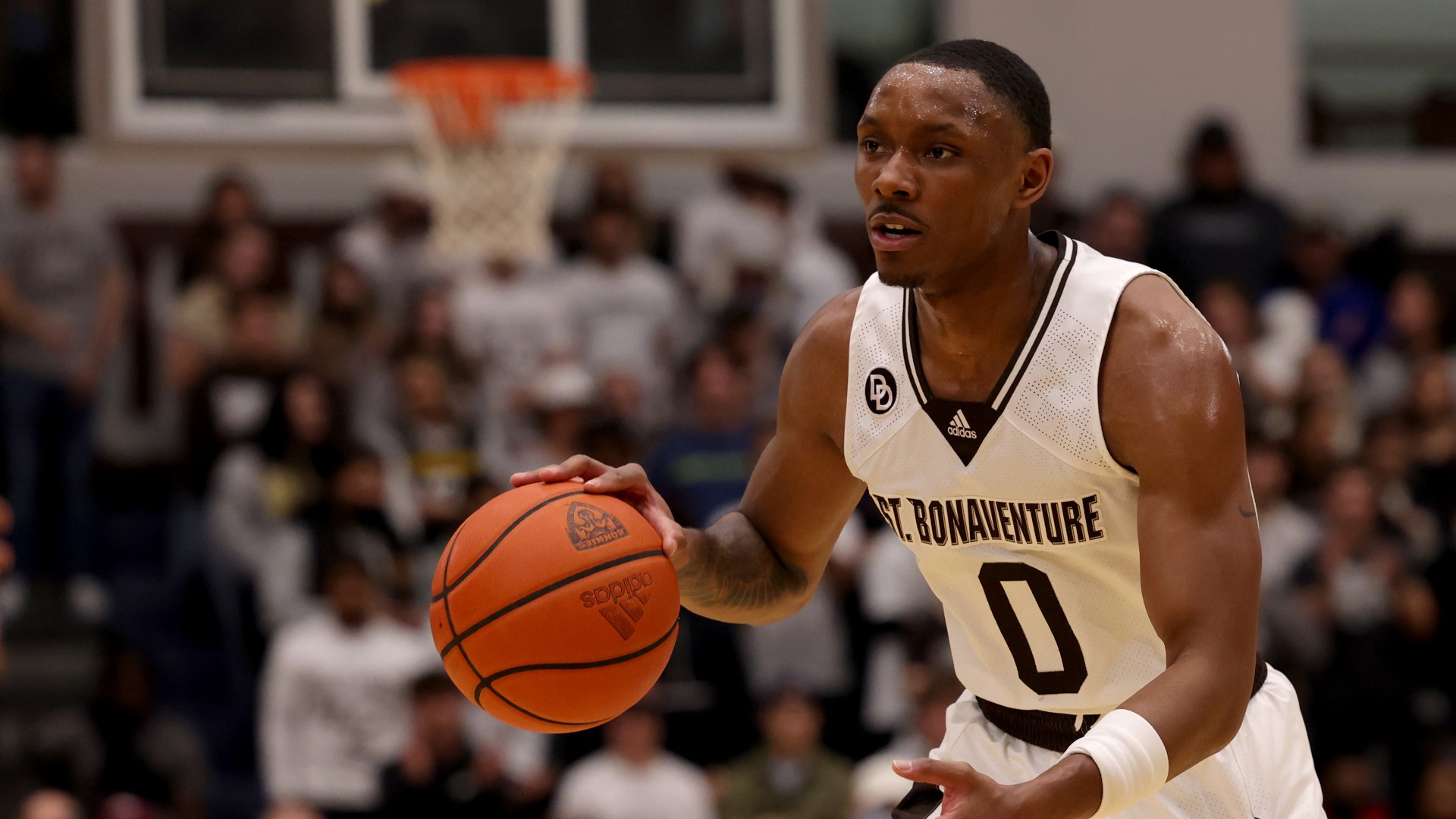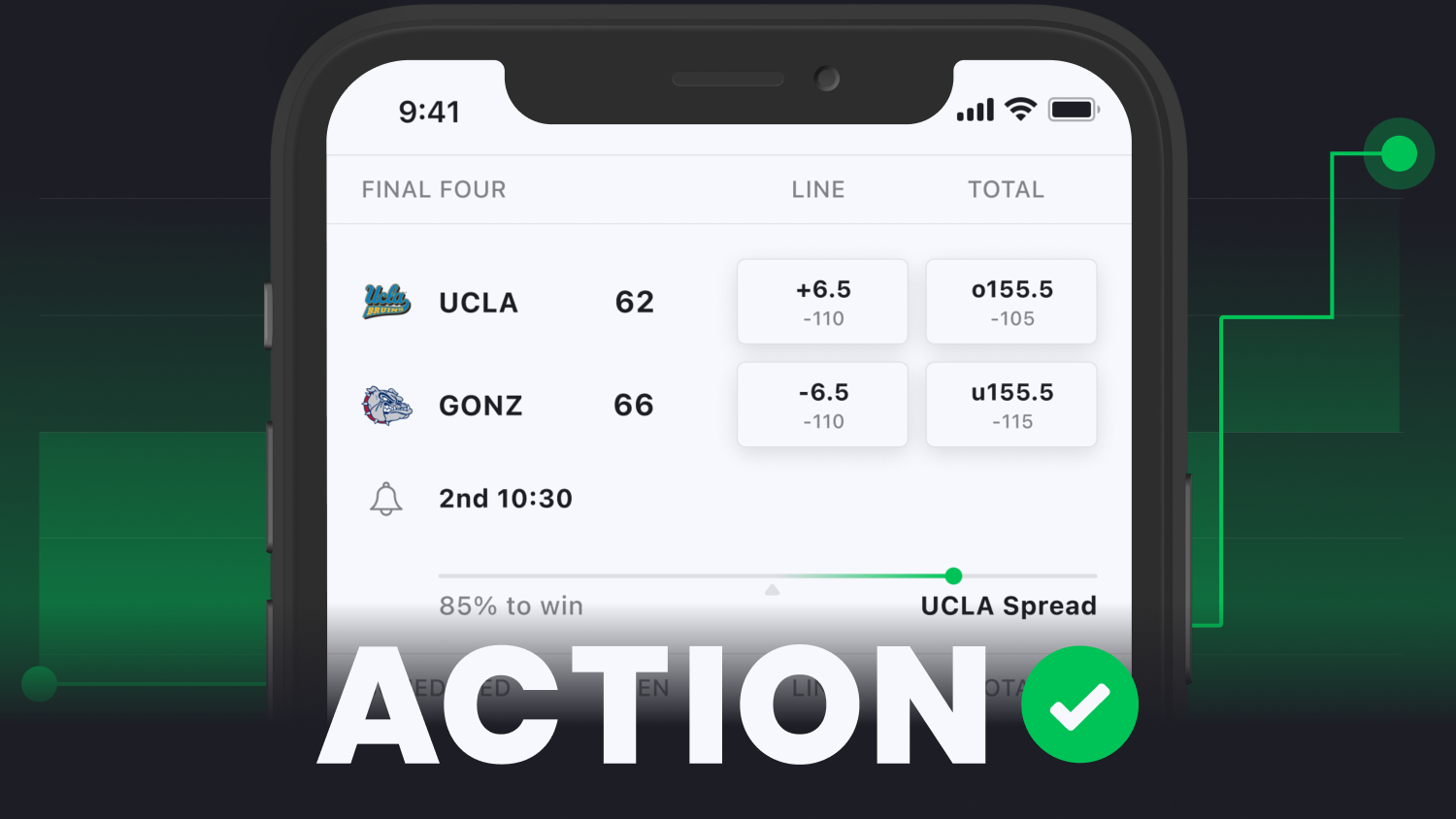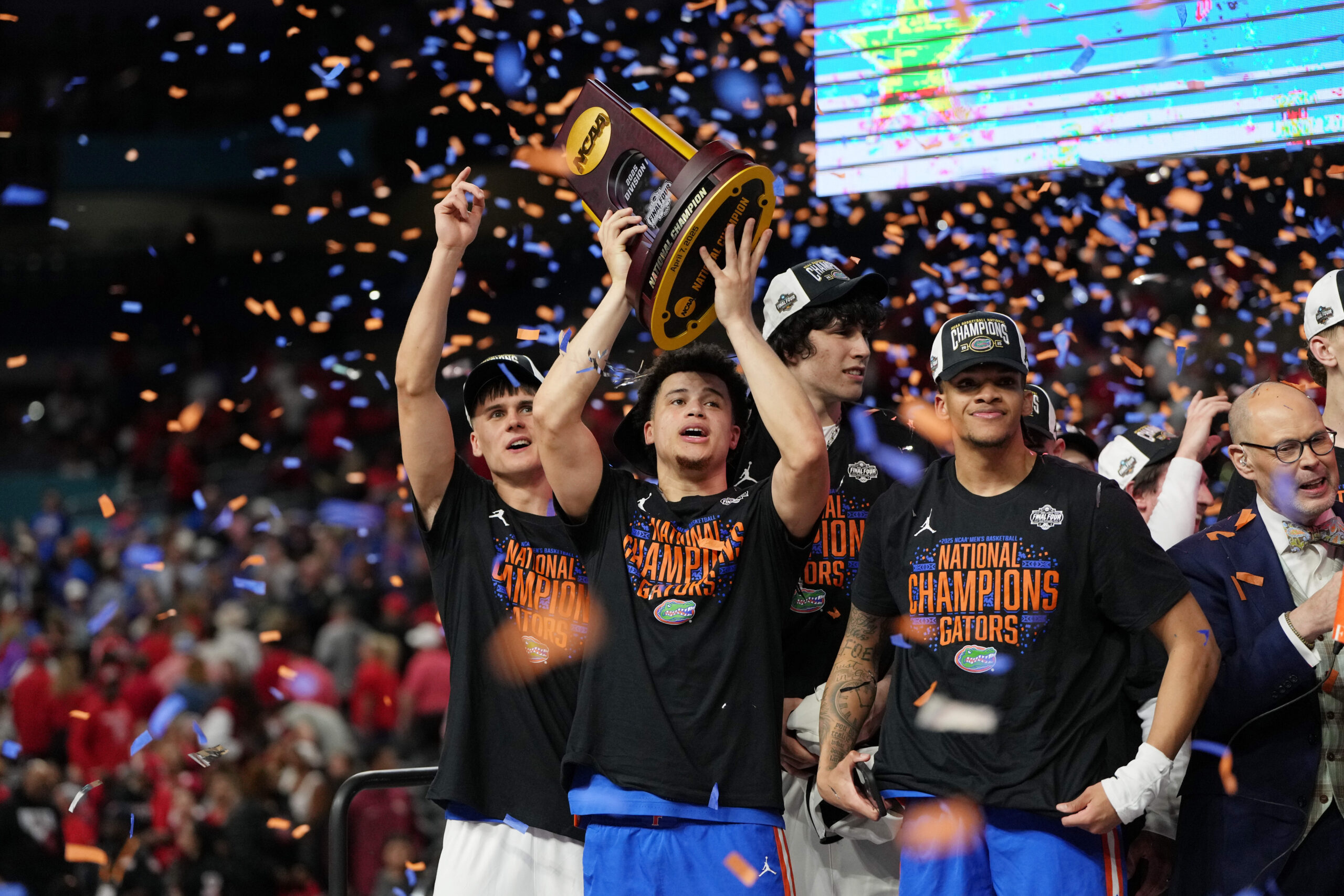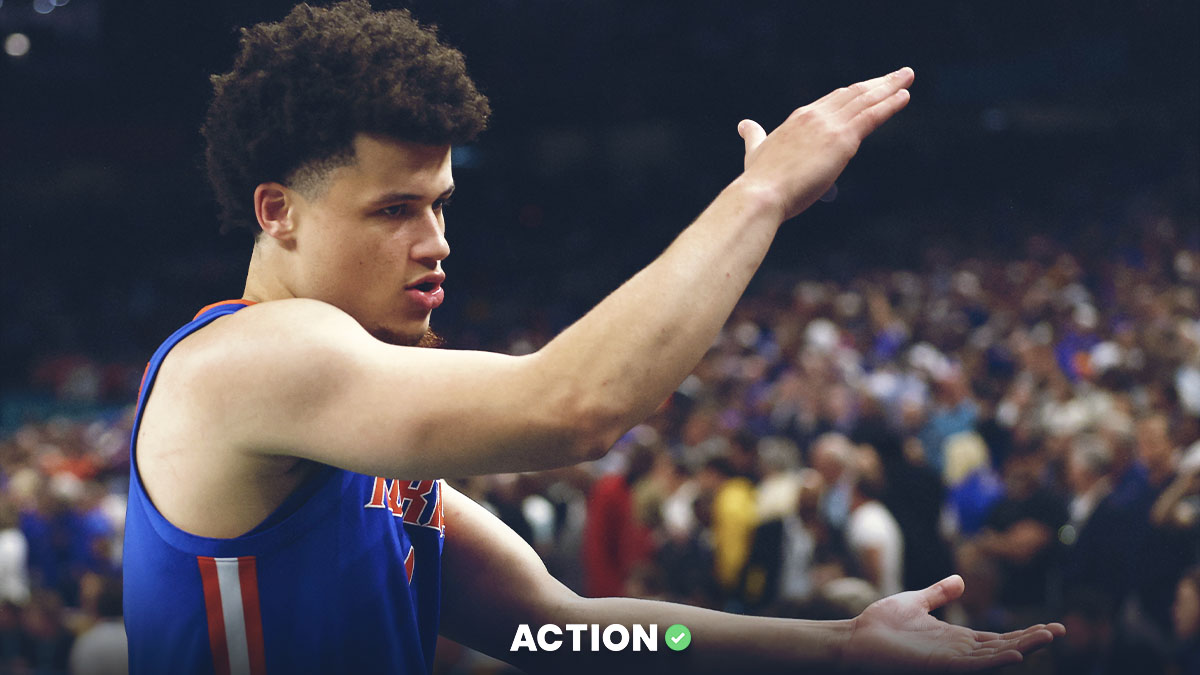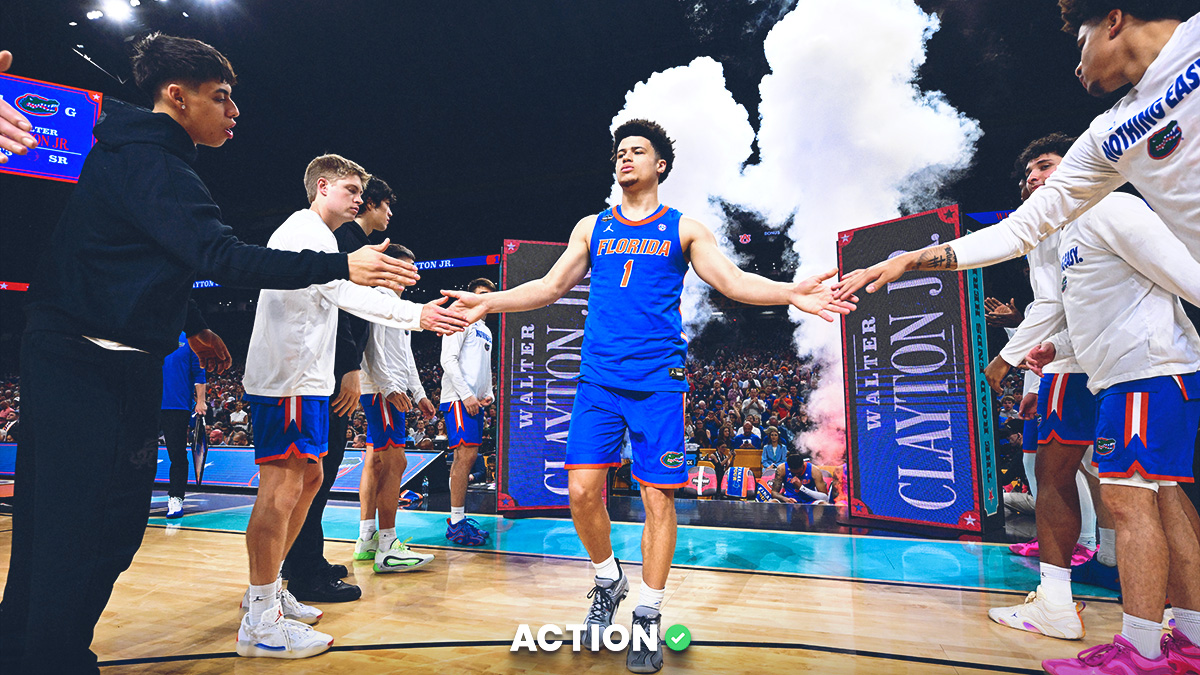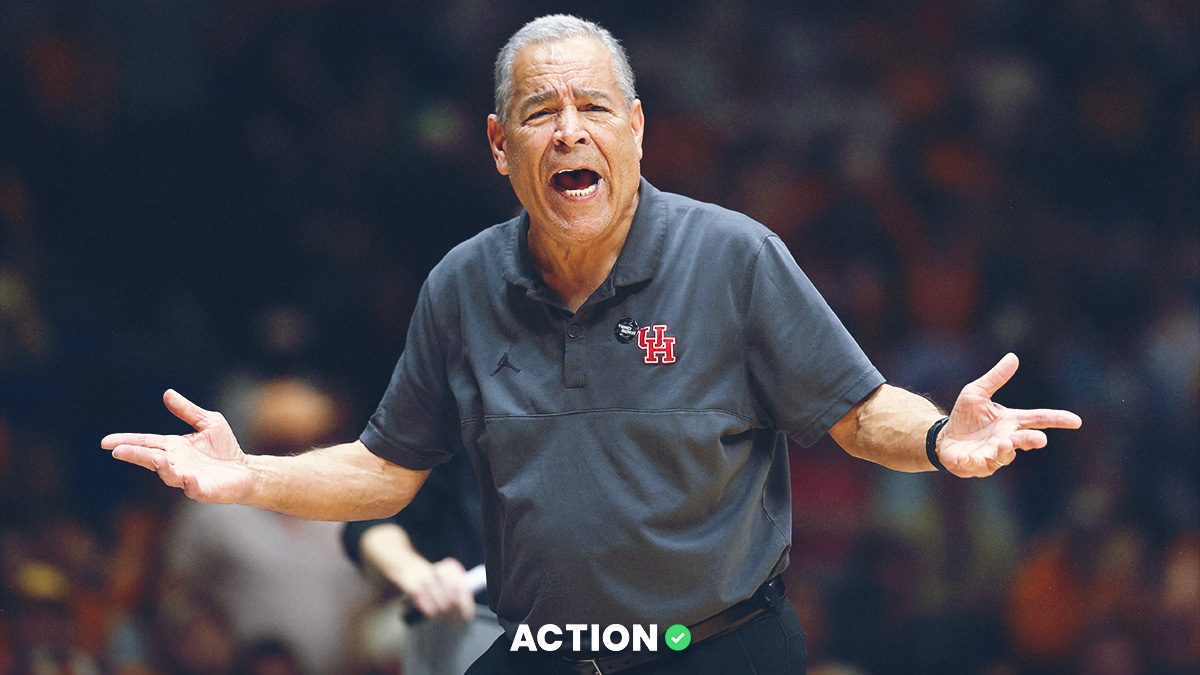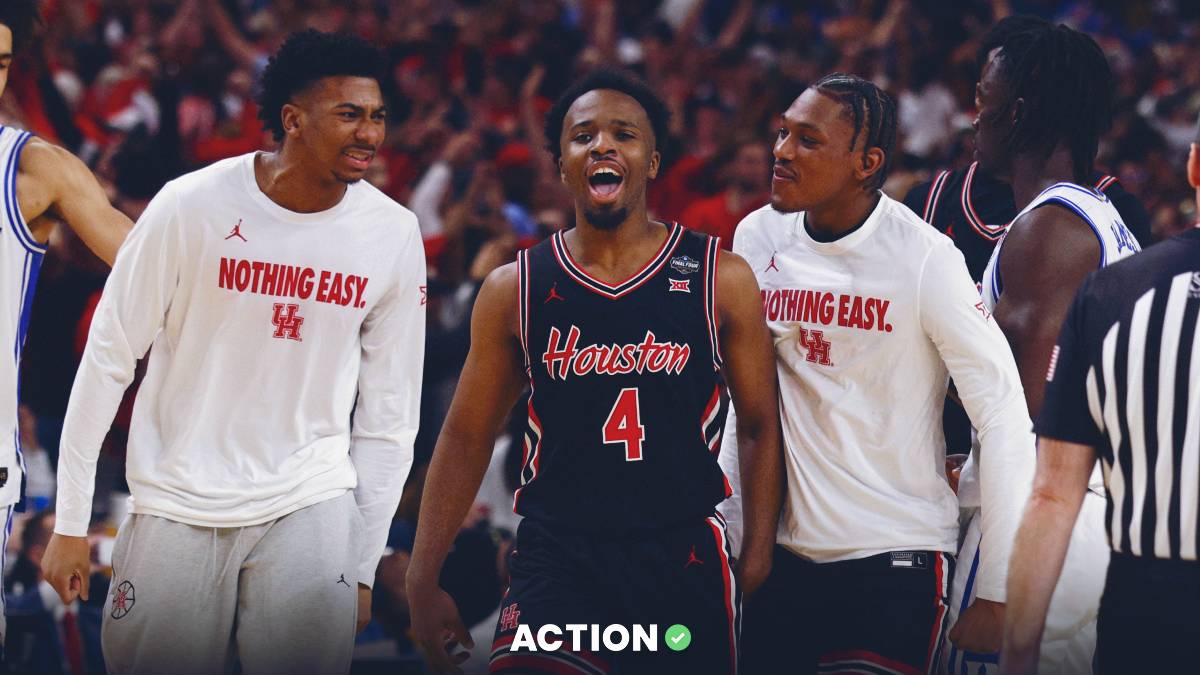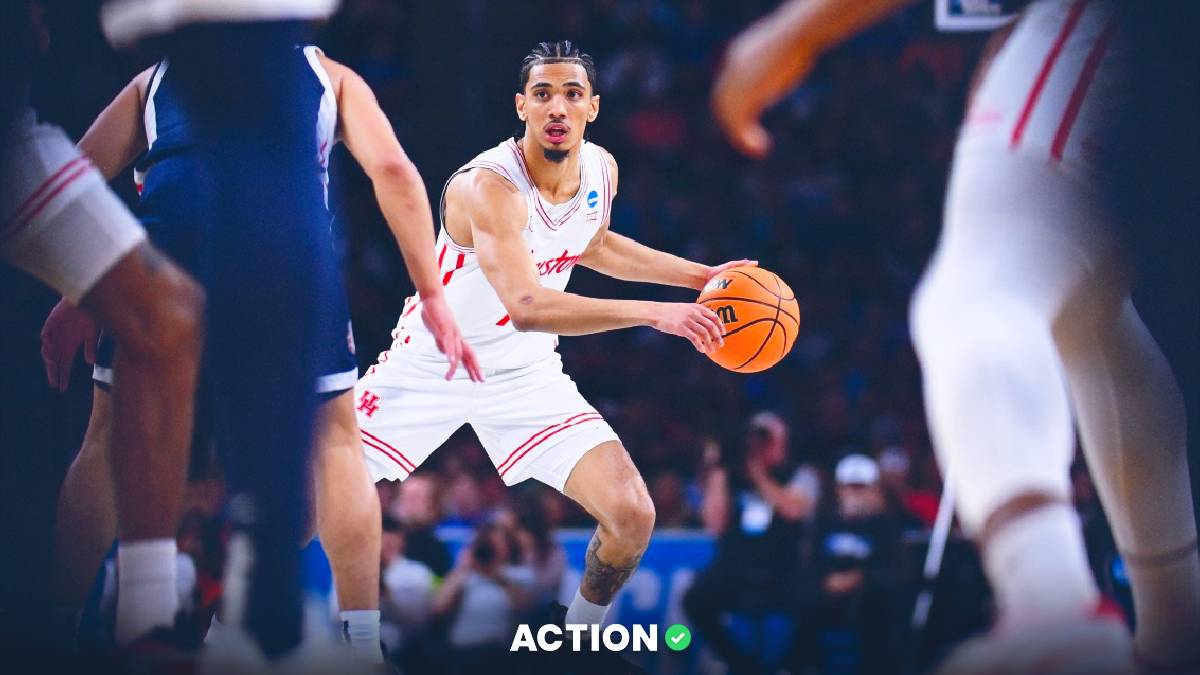The Shriners Children’s Charleston Classic (Nov. 18-21) will commence Thursday afternoon with Boise State taking on St. Bonaventure at 2:00 p.m. ET.
This year, the field expands across multiple conferences and pools of talent. Eight teams will play — six outside of the aforementioned schools — so Clemson, Temple, Marquette, Ole Miss, Elon and West Virginia will join Boise and the Bonnies.
The favorite heading into one of the first, of many, “Thanksgiving” time tournaments is clearly St. Bonaventure. Elon is a cellar dweller, but who from the mix of marquee names can make a run at the tournament title?
Opposite the Bonnies resides two teams in West Virginia and Marquette who could shock viewers, while Clemson’s pace and defense could keep them in every game.
| Round 1 Matchups | Date | Time | Network |
| St. Bonaventure vs. Boise State | 11/18 | 2 p.m. ET | ESPN2 |
| Clemson vs. Temple | 11/18 | 4:30 p.m. ET | ESPN2 |
| Marquette vs. Ole Miss | 11/18 | 7 p.m. ET | ESPN2 |
| Elon vs. West Virginia | 11/18 | 9:30 p.m. ET | ESPN2 |
The Favorite
The Bonnies currently rank 33rd in KenPom and 22nd in the AP Poll. They are the favorites to take the Atlantic 10 title this season, but they did have a tough time with Canisius until the last five minutes of the game.
In those final five minutes, the Bonnies displayed why so many are so high on the team to make an NCAA Tournament run.
Keep this in mind, coaches — like Bob Huggins, Shaka Smart and Kermit Davis — could use that Canisius strategy as a blueprint for a potential upset.
However, St. Bonaventure has loads of talent on its 2021-2022 squad. Kyle Lofton and Jaren Holmes lead the offense from the guard position, but the Bonnies have all five starters.
They also added Quadry Jones from Wake Forest, Abdoul Karim Coulibaly from Pitt and two other JUCO transfers.
The Bonnies' notable weakness thus far has been 3-point shooting. Canisius held them to 2-of-15 from downtown. Siena held them to 4-of-14. Canisius and Siena are not notable names on the defensive front, so facing high majors or Power 6 conference teams could produce even worse results.
They shot 34.4% from 3-point distance last season, so these problems could easily be ironed out quickly. This issue ultimately led to their demise in last year’s NCAA Tournament, though, when they went 3-of-20 against LSU.
The Bonnies' slow pace (320th in adjusted tempo, per KenPom) could cause issues if they are trailing in any of their prospective matchups in this tournament.
Digressing from those concerns, they have an edge on every team, as West Virginia and Marquette are seemingly rebuilding. But keep this in mind as you go into betting the tournament: if you see a number over -4 against Boise State, stay away.
The Rest
Boise State returns much of its starting lineup, but Derrick Alston Jr. and RayJ Dennis are no longer apart of the team.
With Abu Kigab, Devonaire Doutrive and Marcus Shaver Jr., the strength remains in the Broncos' guards. That said, all members of their starting lineup averaged at least eight points per game last season.
The Mountain West has some competition in 2021-22 in Colorado State, San Diego State and Nevada. Boise can give the Bonnies a run for their money as a first-round matchup on Thursday, however. The Broncos are only short underdogs on a neutral court.
They do have a similar issue to St. Bonaventure, though. They are only shooting 16.7% from 3-point range and shot around 35% last year, collectively, with many of the same players.
Alston was one of their go-to options at 38.7%, but Shaver shot 39.5%. Shaver will need to be a strong factor early on to beat St. Bonaventure.
If the line in game one creeps above +5, take the Broncos because they could keep this tight if they limit St. Bonaventure behind the arc.
The Clemson Tigers are potentially the second or third-best squad in this field, slightly behind the Mountaineers. They face Temple in the first round.
Clemson is 3-0 so far on the season. The Tigers had a small test from Wofford, as they only won by eight.
They run at a very slow pace. In fact, they rank 283rd this season and were 337th last year in adjusted tempo.
Since last season, they lost their best player in Aamir Simms, Clyde Trapp, Jr. and Jonathan Baehre.
They did add some depth, though, in David Collins from USF and Naz Bohannon from Youngstown State. Bohannon can somewhat fill the void left by Simms.
Nick Honor and Al-Amir Dawes will likely be the stat-sheet stuffers, but PJ Hall and Chase Hunter have both made tremendous contributions early.
Clemson could be the most efficient team in this tournament. The Tigers rank 28th in effective field goal percentage and have hit 46.6% of their 3s. This will not persist with Power 6 teams, but the Tigers have proven their worth so far.
Clemson could be a sleeper, as it is expected to defeat Temple handily in its first matchup. Given the Tigers' slow pace, they will also be able to spar with similar teams in the Bonnies and Boise in the second round.
If you see a line at -4.5 or less, take Clemson in the opening round.
During his tenure, the Owls have struggled under Aaron McKie. The 2021-2022 season will be the same, as they will finish in the bottom half of the AAC.
They do return Damian Dunn, Khalif Battle, Jake Forrester and Jeremiah Williams, their four-leading scorers from last season.
The strength is in their guards, with Dunn and Battle forming one of the more underrated backcourts in the AAC.
Their best asset is defense, though. They ranked 110th in defensive efficiency, per KenPom, last season.
Their issue is they did not force turnovers. This seems to be the trend this season too, as they have a 17.3% turnover rate.
Offensively, they have been a bit cleaner with a similar 17.3% turnover percentage.
Crashing the offensive glass could be an issue early on against stronger competition. They lost around 10-to-11 rebounds per game from last season’s roster.
Rebounding is not one of Clemson’s strong suits with Simms gone, but this could hurt the Owls in later rounds — if they do manage to pull the upset over the Tigers.
Stay away from Temple in the first round, however. The Owls might be too volatile this season, and they do not have the resume just yet to instill confidence in bettors.
The Golden Eagles are hard to gauge. New coach Shaka Smart shocked the world the other day by upsetting the Illinois Fighting Illini in Milwaukee. They defeated New Hampshire and SIU Edwardsville by less than 10-point margins before that game, though.
Focusing on their only matchup with a ranked team — Illinois — they forced 23 turnovers. They had 10 steals and forced the Illini into some very tough shots. They made them look uncomfortable, so this is Smart’s pathway to a tournament victory in Charleston.
The spread will likely have Marquette losing in a tight one, but Darryl Morsell (transfer from Maryland) can change that if he plays as well as he has so far this season. Kur Kuath is a menace in the paint and could ensure Ole Miss feels uncomfortable in the first leg of this tournament.
Now, they might struggle on the glass, as they did with Illinois, but Ole Miss lost three of its top five rebounders from last season. Marquette could be in a strong place to pull an upset early in this tournament.
If you see a line at +2 or greater, take the Golden Eagles. They could defeat Ole Miss outright and look a bit underrated if they produce the same defensive results as fans have seen early this season.
Sprinkling on the moneyline might not be a bad idea, either.
As stated above, Ole Miss lost some key players from last season’s roster. K.J. Buffen transferred and Devontae Shuler and Romello White graduated.
Shuler was by far the most pivotal piece on last year's team. He averaged 1.6 steals per game on defense and was the Rebels' most prolific offensive weapon.
They move the point guard duties to freshman Austin Crowley, Daeshun Ruffin and Jarkel Joiner. Joiner has been their best offensive weapon.
They match up well with Marquette on the guard front, but with limited minutes in the backcourt carrying over from last season — outside of Joiner — Morsell might be able to take advantage on the defensive front.
This could cause issues for Ole Miss. Last season, Ole Miss turned the ball over 20.7% of the time, so if Marquette plays defense like it did vs. Illinois, watch out.
Ole Miss might have a tough game with Marquette. The Rebels lost some crucial pieces from last year’s roster. Joiner is the strongest offensive weapon they have, so if he is scoring early, Davis will keep him in because there is not as much depth.
Only take Ole Miss in its matchup with Marquette at -1 or with a more favorable line. The Rebels' turnover rate is concerning and it could cause issues, even if they manage to beat the Golden Eagles.
Elon is by far the weakest team in this tournament. Once again, it plays at a slow pace, so it could match up well with some of the teams in the field.
West Virginia is not one of them, though.
The Phoenix played Florida shockingly tighter than expected in their first game of the season. They still lost by 13 points.
They do return most of their roster, including four of their top five scorers, but Ikenna Ndugba, Simon Wright and Federico Poser are no longer with the team.
Elon averaged 44 3-point attempts per game last season. This ranked 36th in the NCAA. Since the Phoenix's lineup remains similar to last year’s, expect more of the same.
Finally, West Virginia has the famous full-court press from Huggins. The Mountaineers will force a plethora of turnovers. Thus far, Elon’s turning the ball over at a 20.9% rate and outside of Florida, it played two non-Division I teams.
Expect a quick exit. West Virginia could end this game early if Elon cannot hit from the field.
Avoid Elon because West Virginia likely forces it into issues on the turnover front. However, if the line moves above +13.5, Elon will then have a little value.
West Virginia is the strongest team on the bottom half of this bracket. The Mountaineers will breeze by Elon early and play the winner of Marquette and Ole Miss, who are closer to their wheelhouse.
The Mountaineers have a ton of roster turnover from last season. Derek Culver, Miles McBride, Jordan McCabe and Emmitt Matthews Jr. are no longer on the team.
Huggins landed a strong transfer in Malik Curry from Old Dominion. He managed to get Pauly Paulicap from DePaul and Dimon Carrigan from FIU, as well.
Taz Sherman has led the way on the offensive front with 37 minutes per game and 17.5 points. Jalen Bridges and Sean McNeil also have returned to provide major minutes and offensive contributions.
This team is extremely guard-heavy. They only have an average of 26.5 rebounds this season through two games against Oakland and Pittsburgh. They won them both, but a big man, like Kur Kuath from Marquette, could cause them issues.
Bridges and Gabe Osabuohien will man the blocks, so Huggins needs rebounding production from them immediately, especially to make a run at the Charleston Classic.
In round one, West Virginia will win, unless Elon shoots 60% from 3-point distance.
Take the Mountaineers' spread if the line goes below -11. Their rebounding will cause them distress throughout the rest of the tournament, though.
Best Bets
The best plays to win this tournament are St. Bonaventure, Marquette and Clemson.
The Bonnies are a clear favorite, especially if they defeat Boise in the opening round. They have the star power to truly take over this tournament.
Marquette has shown it can force great teams into difficult positions with its defense. If it can get past Ole Miss, Smart will take a page out of that same playbook to force St. Bonaventure into the same mistakes.
Finally, Clemson lost its anchor in Simms, but it has enough depth and returnees in guys like Honor to fill in the gaps. If the Tigers continue their trajectory of efficiency, they could slow the pace in each of their matchups and wind up in the finals.


